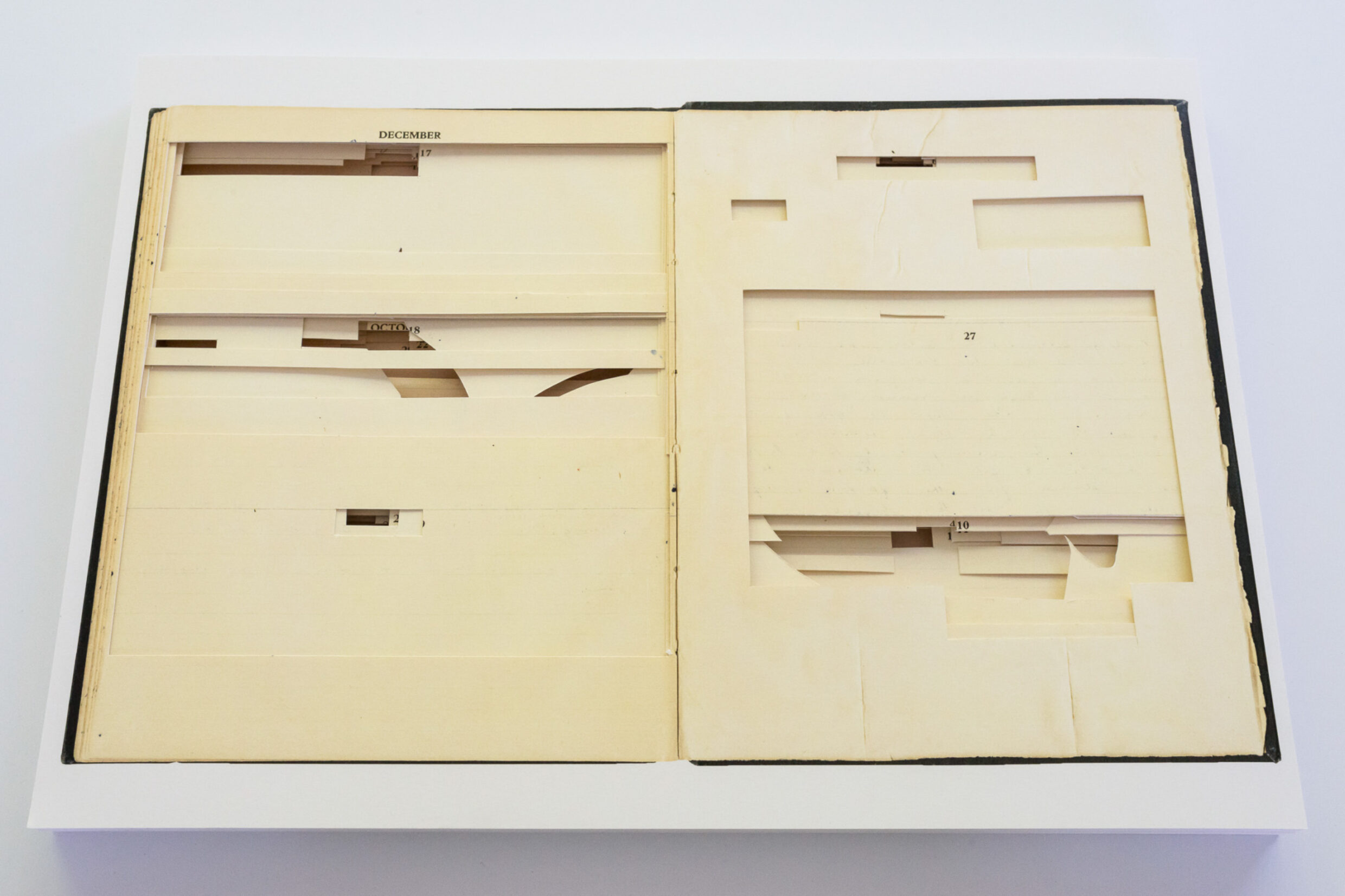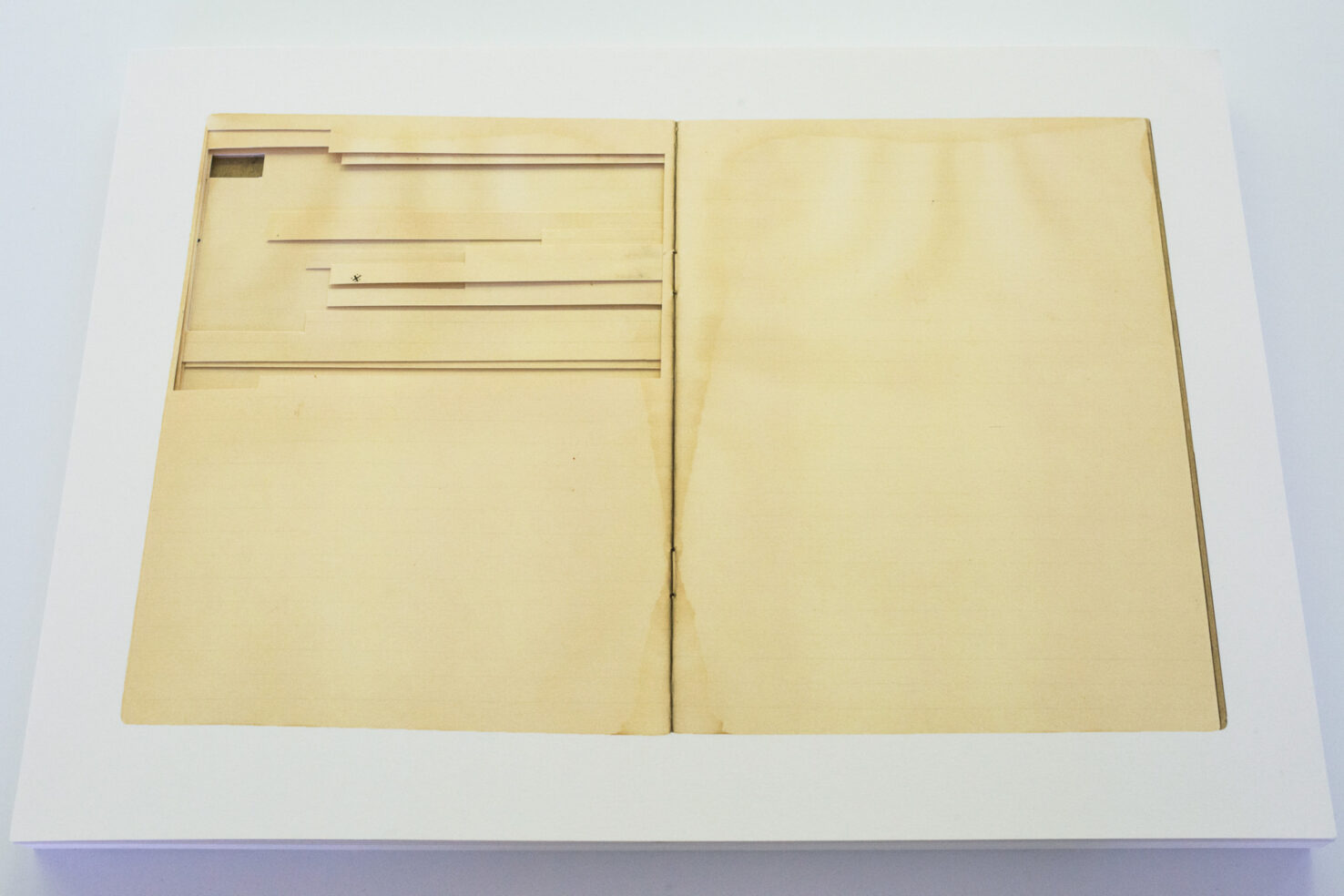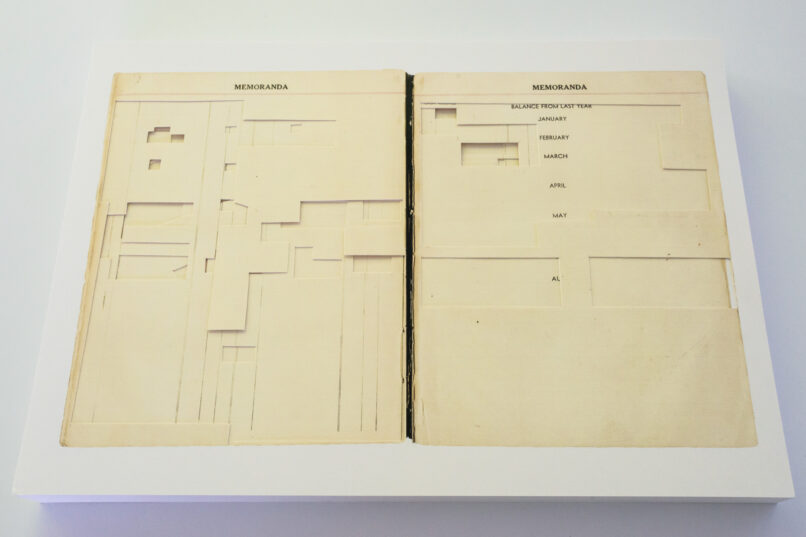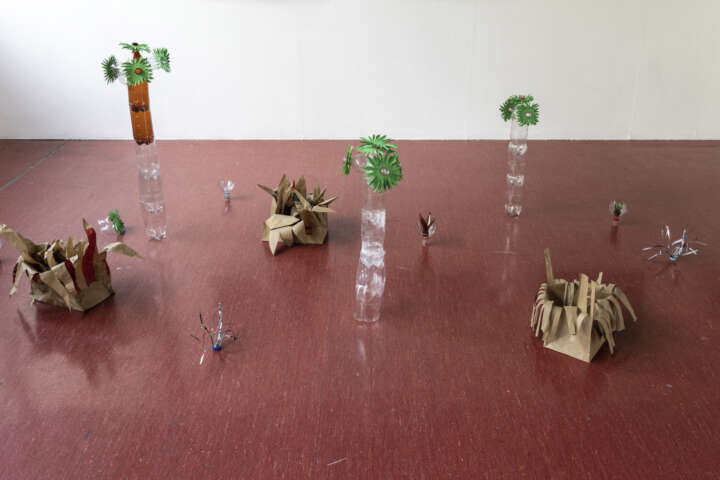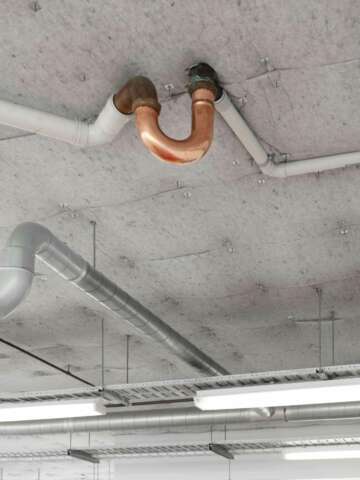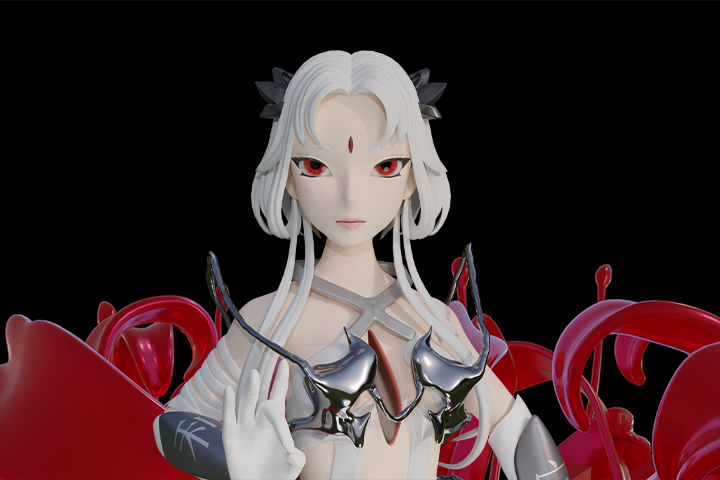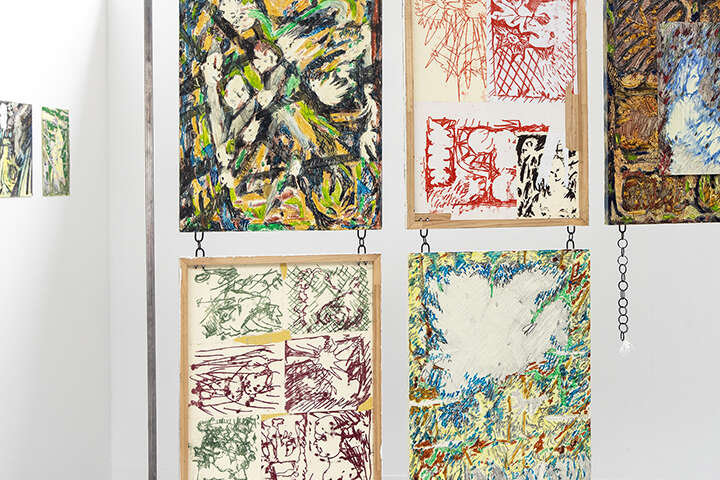Clare Fleming
A search for what we cannot yet see but that we feel is possible
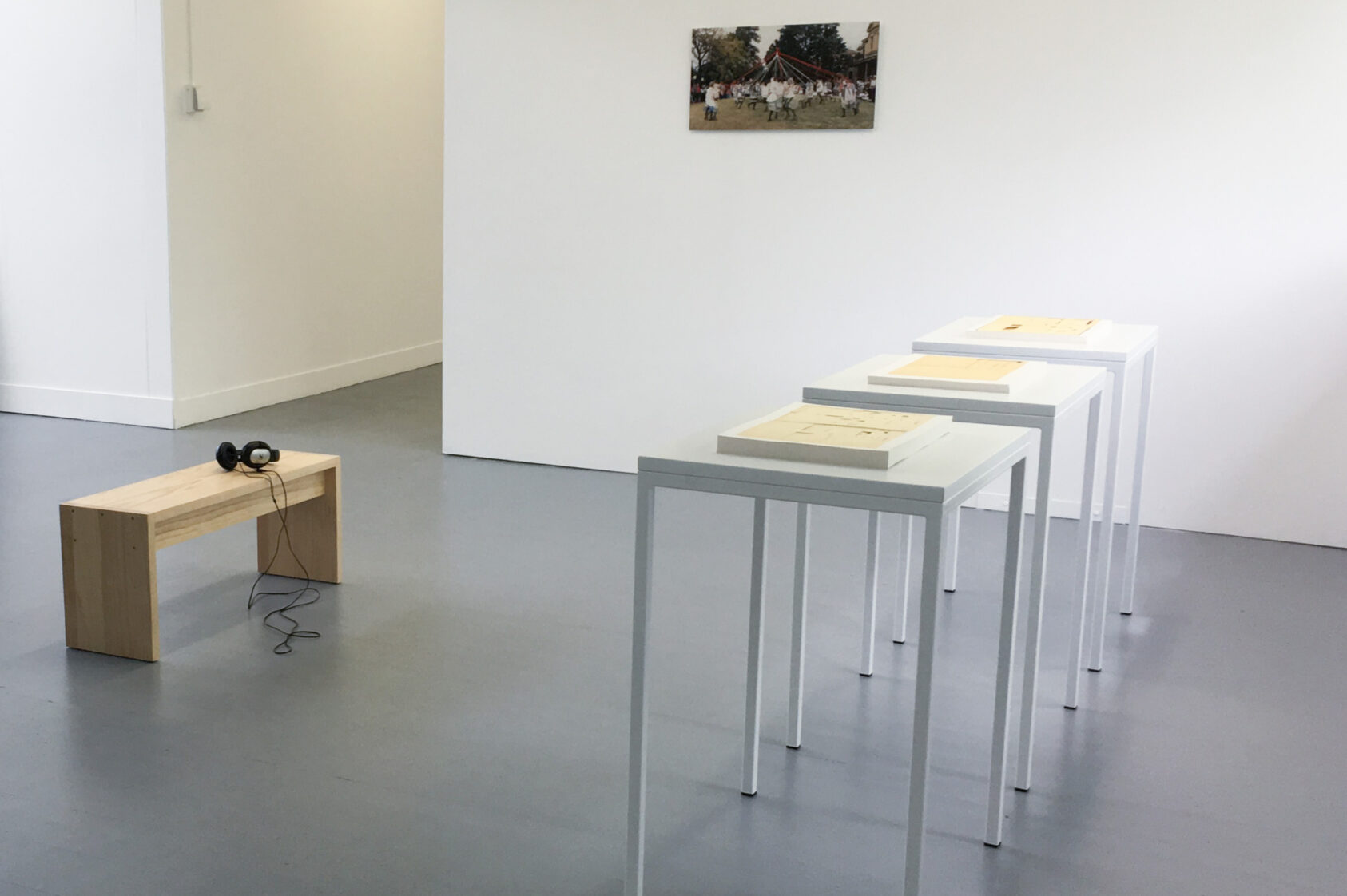
“Failure of the present is a failure of imagination.”
'A search for what we cannot yet see but that we feel is possible' explores the potential for personal decolonisation through a Spivakian disruption of my own colonial family artefacts. Works across four media—video, sound, print and photography—become new ‘identity artefacts’ working to destabilise the already determined colonial narrative through interrupting the relationship between the subject (me) and their history.
By intervening in these ‘identity artefacts’ through multiple strategies of editing, collage, redaction, tracing and gap making—interventions developed from a close reading of the page beyond the text—I seek to destabilise my identity as Aussie (white) and instigate the complexity of becoming Kardiya (and Pākeha).
The primary archive for the project is the Fleming Family Collection. This is a collection of artefacts, photographs, diaries and documents of my grandparents’ time as Baptist missionaries in the Aboriginal community of Yuendumu in Central Australia, between 1950–1975. The community is largely made up of the Warlpiri and Anmatyerr Aboriginal people. The central ‘text’ drawn from this archive has been the diaries written by my grandmother, Pat Fleming, in the early years of their mission.
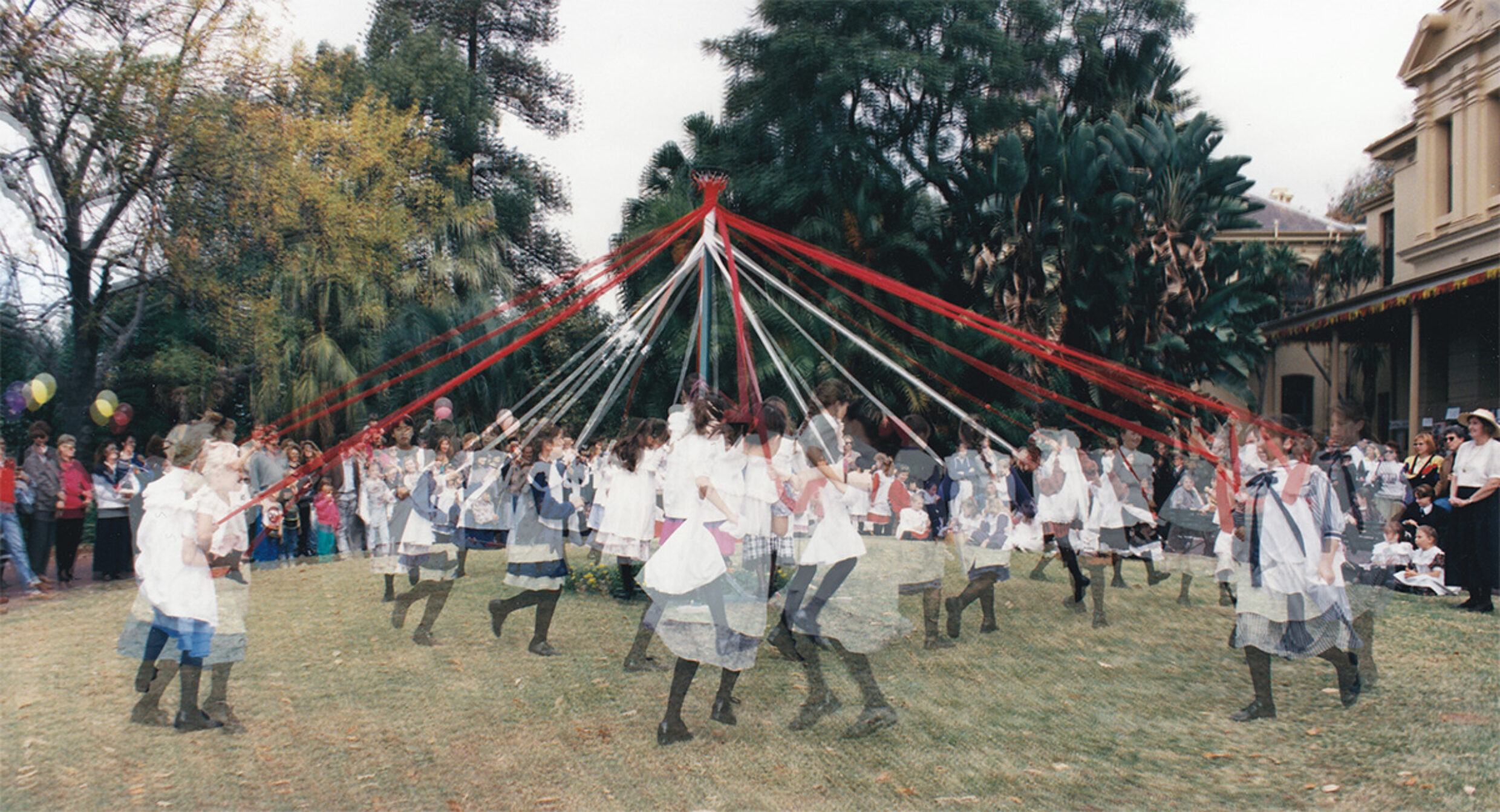
Additionally, the reflexive decolonisation process prompted the inclusion of material from a secondary archive, that of my primary school. From this archive I sought evidence of a memory of my own participation in the Australian colonial story: a maypole celebration at my school in 1988, the year Australia celebrated the bicentennial of the country’s ‘creation.’
One work follows a scribble made by my father as a toddler on a page of the diaries, as he forces my grandmother to the margins of her own narrative. Another work exhumes all diary references to ‘clean’ and ‘cleaning,’ to disrupt my inheritance of this obsessive trait. These methods enact a herky-jerky oscillation of turning back and forth inside history, to read within the archive the potential of a past yet-to-be. The works result from my navigation of the unsettling sense of being in the midst of what is already determined—the status quo of colonisation—and what is yet to be: the ‘future past,’ and the future, decolonised self. Implicit in this process is the question of whether the transformed material of my own subjectivity is a consequence even more potent than the works themselves.

